In just a few years, protein diets have become THE method for losing weight. So much so that we have seen the number of sachet brands explode. But like all diets, this process is not trivial. How to avoid deficiencies? High protein snacks or substitutes, what’s the difference? How many grams of protein should you take per meal? From advice to preserve your health, to tips for not gaining weight, follow the guide.
Protein diet: practical advice
The idea of the protein diet is simple: compensate for the essential reduction in fats and sugars in the diet withproteins . The idea is to maintain satiety while avoiding muscle wasting. Although this diet can be effective, you must take some precautions to protect your health but also avoid regaining all the pounds lost when you stopped. Here are some tips you absolutely must read before getting started.
Definition of protein diet
The protein (or high-protein) diet has been popular for several years: proteins promote the elimination of fats and the development of muscles. Very famous especially among athletes, the high-protein diet consists of ingesting large quantities of meat, fish and eggs or protein powders. The consumption of other foods is very restricted, or even prohibited. However, the protein diet does not only offer health benefits and is the subject of controversy among nutritionists. This is why the high-protein diet must be well supervised by a professional.
The benefits of the high protein diet
The protein diet has certain advantages, particularly on slimming. Proteins , in addition to their many essential functions in the body, allow rapid weight loss without significant muscle loss. Preparing protein dishes requires little time in the kitchen. Finally, a diet rich in protein allows you to quickly achieve satiety. However, it does not cover all of the recommended nutritional needs.
The disadvantages of the protein diet
The protein diet also has disadvantages: in the long term, it weakens kidney function and can increase cholesterol levels in the blood. Fiber and carbohydrate intake are insufficient, leading to an increased risk of nutritional deficiency. This type of diet is also incompatible with a social life.
The problem with protein diets is that we replace meals without learning to eat better: as soon as we stop, we return to our old habits and immediately gain the weight back. The only way to stabilize yourself is to take advantage of the diet to learn how to eat better. By trying to move towards the Cretan diet : more fruits and vegetables, less meat more fish, olive oil, etc. A good tip for learning is to take salty protein snacks (such as omelette preparation or other) accompanied by vegetables… then you gradually replace them with “real” protein-rich foods, while keeping the meal structure balanced.
High-protein snacks complement a balanced (and often low-calorie) diet. These could be sachets of dessert creams, for example, or bars. They are not intended to replace a meal, but to supplement our diet.
High-protein meal replacements can, as their name suggests, replace a meal. They meet the standards required for substitutes. They must therefore contain different elements so as to be balanced. However, it is impossible to replace all meals with sachets.
High protein diet and deficiencies
Be careful with the use of sachets: the high-protein diet generally requires supplementation with vitamins, minerals and essential fatty acids, to avoid deficiencies . Indeed, the risk of eliminating high-calorie foods is to remove the beneficial nutrients they contain. Supplementation is therefore essential to avoid damaging your health. Another essential: water. At least 2 liters per day.

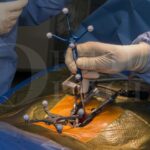

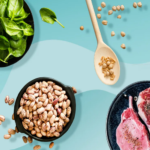




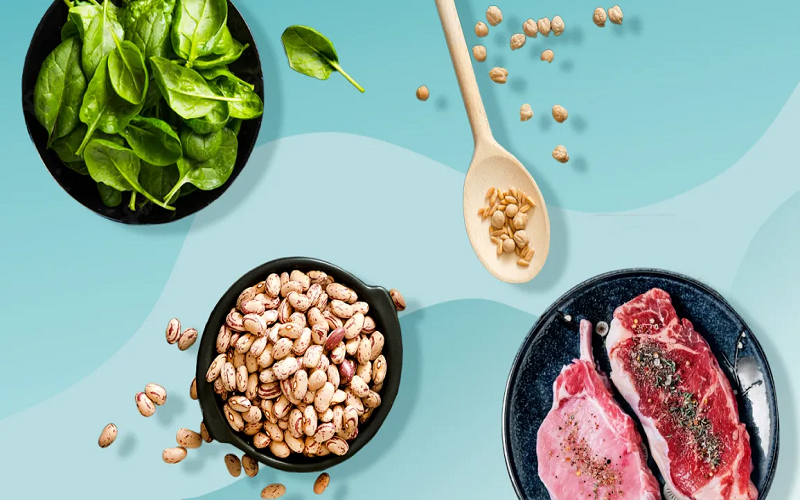
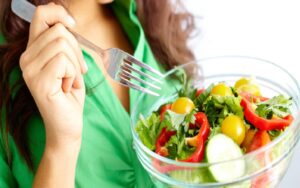
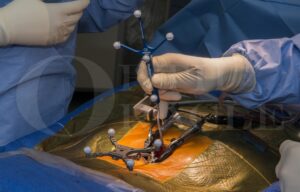


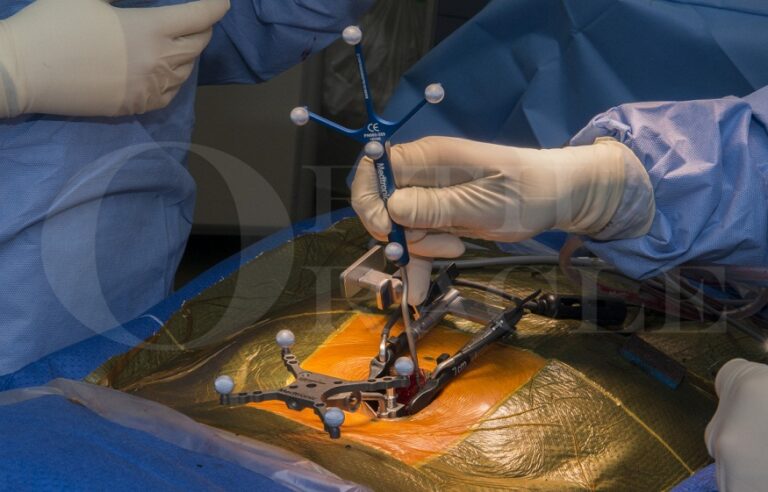

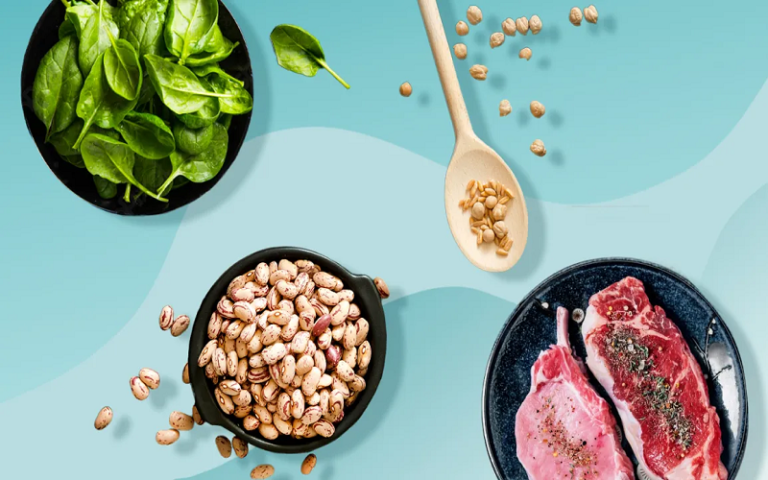


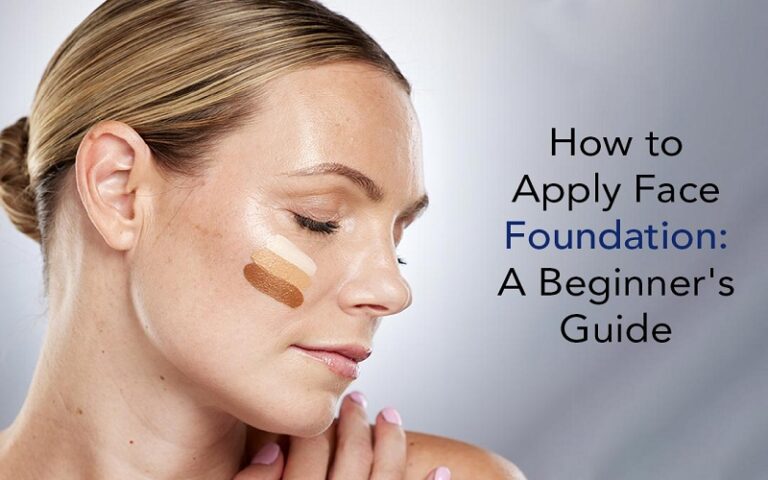

+ There are no comments
Add yours